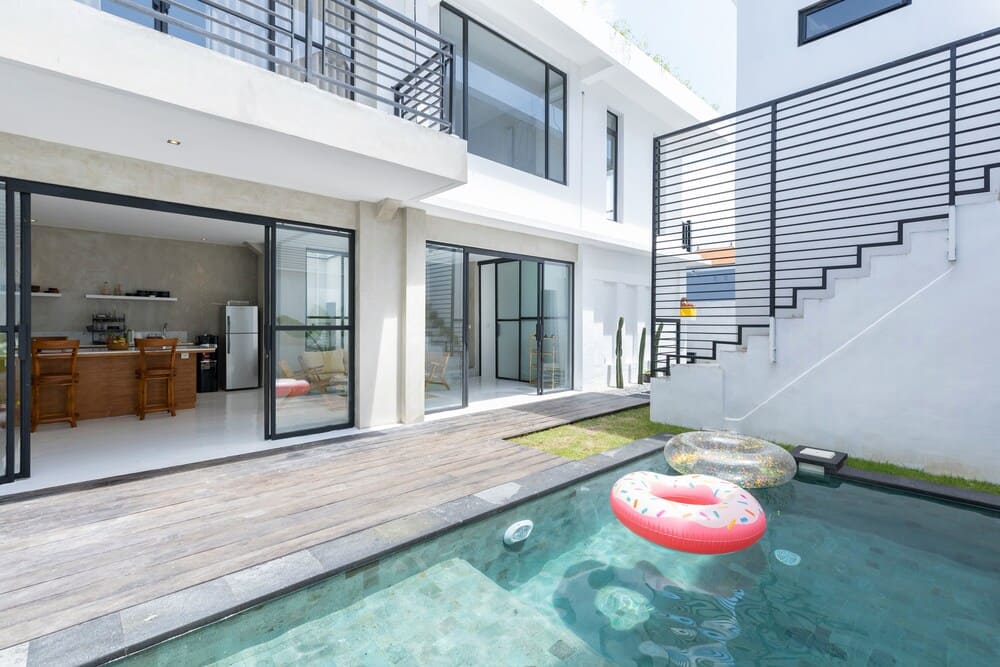- Review the Original Lease Agreement
Begin by thoroughly reviewing your existing leasehold contract. Check for clauses that address lease extensions, renewal periods, and predefined conditions. Some contracts already outline extension terms, streamlining the process. If the contract lacks explicit extension clauses, renegotiation with the property’s freehold owner remains an option. Understanding the initial agreement helps clarify your rights and responsibilities when pursuing a renewal. - Initiate Negotiations Early
Engage in lease extension discussions at least three to five years before the lease expires. Early negotiation gives you sufficient time to manage legal processes and secure necessary funds. Proactively approaching the landowner demonstrates long-term interest in the property and often leads to smoother negotiations. Propose favorable terms and emphasize mutual benefits. Landowners are more receptive to tenants who show commitment and care for the property, creating a win-win scenario. - Conduct a Property Valuation
Hire a professional appraiser to assess the current market value of the property. A valuation provides leverage during negotiations, ensuring fair extension fees are proposed. Property values in Bali fluctuate depending on location, tourism, and infrastructure development. Having an up-to-date valuation gives you a clearer picture of the property’s worth and justifies extension costs during discussions with the landowner. - Handle Legal Procedures and Documentation
Once you agree on terms, collaborate with a notary (PPAT) to draft legal documents formalizing the extension. The notary ensures compliance with Indonesian land laws and prepares all necessary paperwork, including the revised leasehold agreement and updated land certificates. Having legal professionals involved minimizes the risk of miscommunication or errors during the process, safeguarding both parties’ interests. - Register the Lease Extension
After finalizing the extension, register it with the National Land Agency (BPN) in Bali. Registration legally binds the lease extension to the property, protecting your rights as a tenant. This process may take several months, so regular follow-ups with the notary and land agency are crucial to avoid delays.










